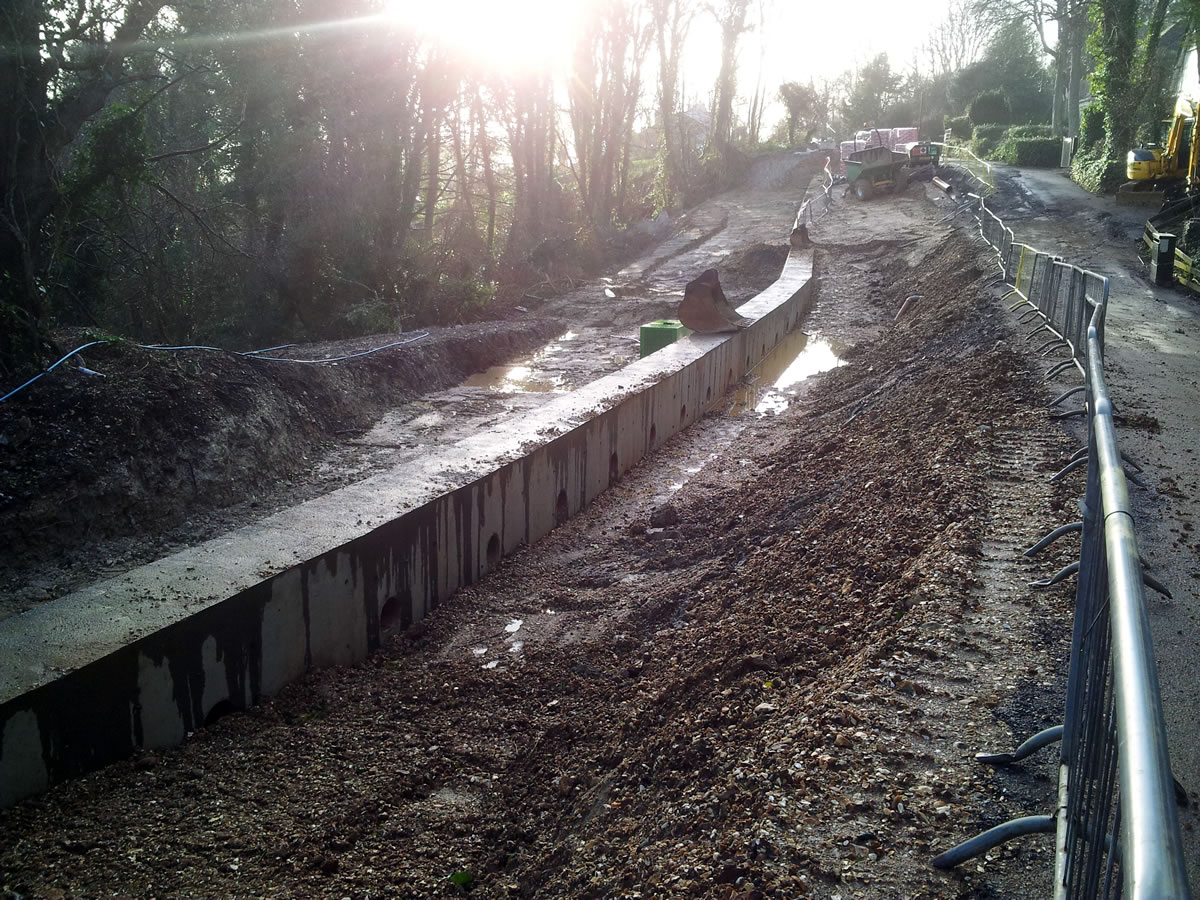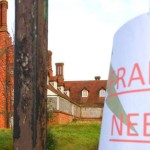This in from the council. Ed
The council’s Executive is to consider allocating up to £500,000 from the council’s capital programme contingency budget for a scheme at the section of Undercliff Drive affected by a landslide earlier this year.
At its meeting on 7 July, the Executive asked officers to investigate three potential schemes:
a) Re-establish pedestrian access only – cost estimate £250,000 to £500,000 (option 1)
b) Establish a new access road to properties along the base of the cliff – cost estimate £200,000 to £500,000 (option 4)
c) Establish a temporary low cost road from the west – cost estimate less than £100,000 (option 5)
Councillor Jonathan Gilbey, Executive member for resources and highways PFI, said:
“I welcome this report which recommends allocating up to £500,000 for a solution at Undercliff Drive, enabling us to develop a scheme based on the three options previously identified by the Executive.”
The Executive will meet at County Hall on Tuesday 9 September at 6pm.
In addition, at the meeting on 7 July the Executive asked officers to carry out further investigations in relation to a possible longer term solution, known as option 7, with a report due back to Executive once the necessary feasibility studies had been evaluated.
An initial peer review meeting has taken place involving a range of geological experts including Professor Bruce Denness, current and retired staff of the British Geological Society and several other eminent experts on the geology of the Island.
The meeting was very productive in exploring the opportunity for dealing with the known stability issues along the length of the Undercliff based on a drainage solution. The concept is based on a theory relating to the regional and local geological situation and its potential impact on the drainage pattern – which causes ground instability.
The group has concluded that further work will be required to validate the theory, given that the modelling work and evidence from one borehole drilled in 2011 cannot be transferred from one area to another without confirmation in more detail of the precise local geology.
The peer review also raised other technical matters that would need to be considered, including the ability to abstract water from the relevant ground strata and potential impact of ground settlement that could arise from this.
The group of experts have agreed to work together to develop a programme of work that would be required to validate the theory. The peer review group is recommending that work will need to be undertaken to refine the cost associated with ground investigation and the development and assessment of options.
A report setting out the detailed findings of this review will go before the council’s Executive at a later date.





